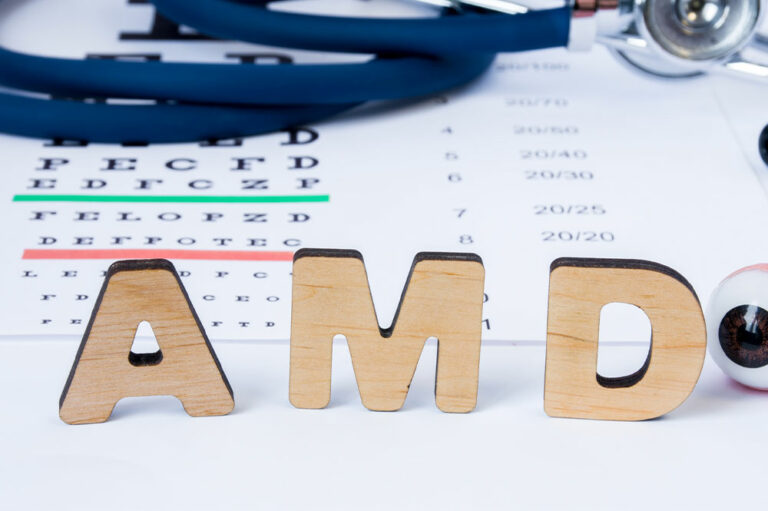
01
9 ways coffee helps lower diabetes risk
Coffee is more than just a morning drink; it’s a nutritious beverage when consumed in moderation. Coffee is packed with antioxidants that fight stress, and it can reduce the risk of type 2 diabetes. While it’s not a cure for diabetes, understanding how coffee and diabetes are linked can benefit regular coffee drinkers. Exploring the details of this connection provides valuable insights, adding another reason for coffee lovers to enjoy their daily cup of Joe. Diabetes and its global impact Diabetes is a chronic metabolic disorder that affects millions today and is an increasing concern. Elevated blood glucose levels characterize it. There are two primary types: type 1 and type 2 diabetes. Both of these pose significant health challenges, including cardiovascular issues, kidney problems, and nerve damage. Given the global prevalence of diabetes, any potential preventive measures, including those related to daily habits, must be considered carefully. Ways in which coffee helps with diabetes prevention and management Here are a few ways how coffee helps in the prevention and management of diabetes: 1. Is rich in antioxidants Coffee’s health profile shines brightly due to its high antioxidant content. These compounds are renowned for combating oxidative stress and preventing cellular damage.
Read More 









